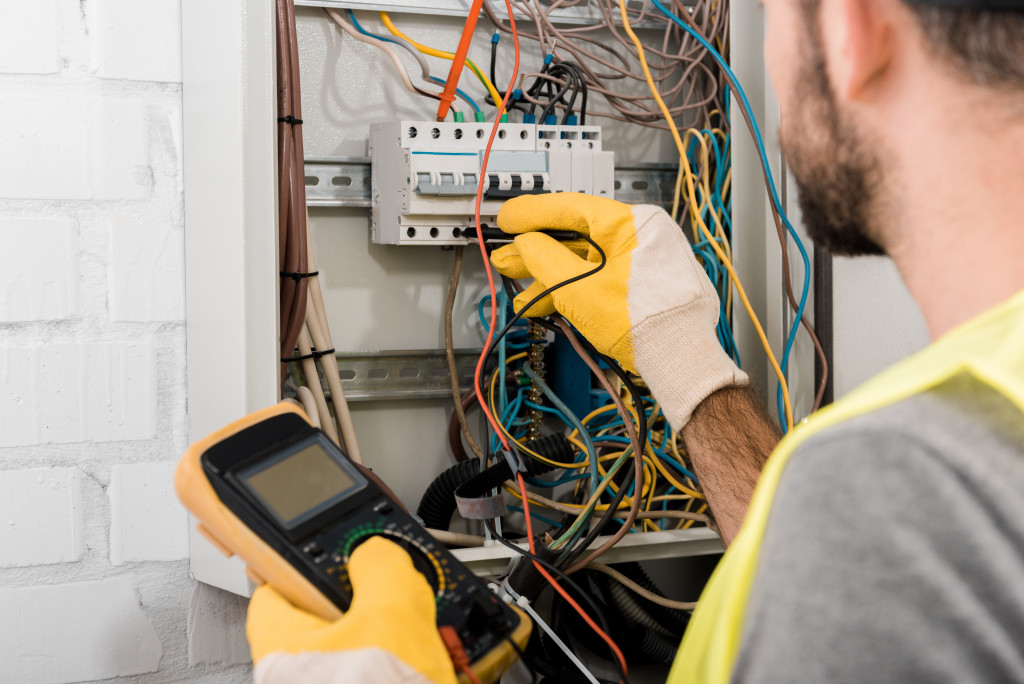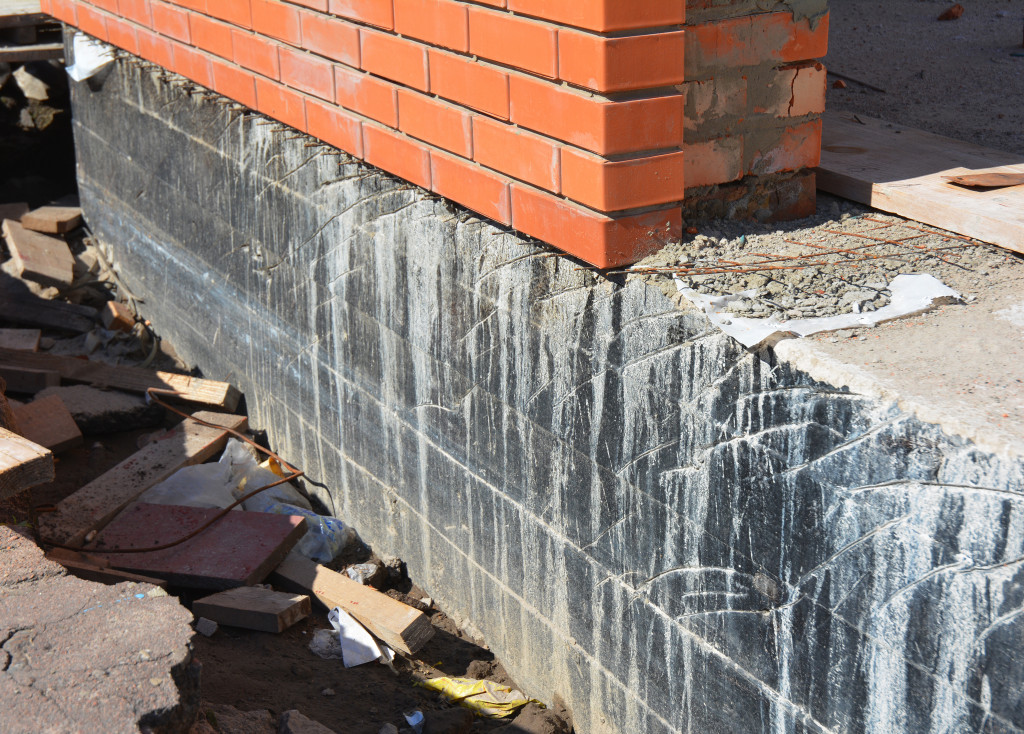- Preventative maintenance can save up to 25% on repair costs and reduce energy consumption.
- Electrical repairs are dangerous and potentially deadly. Hire a certified electrician.
- Roofing should be left to professionals due to the risk of injury and mistakes.
- Plumbing repairs require specialized tools and experience. Hire a professional plumber.
- Structural integrity repairs such as foundation, framing, stairs, and decks must be done by an experienced contractor.
Home maintenance and repairs are essential for keeping a home in good condition. Regular preventative maintenance activities can help to minimize the costs of major repairs, extend the life of your appliances, improve overall energy efficiency, increase the safety and enjoyment of your home, and even enhance its value.
According to research conducted by McKinsey & Company, regular preventative maintenance could save homeowners up to 25% on repair costs over time. Furthermore, regular home maintenance can reduce energy consumption by up to 10%. Considering that approximately 25% of a typical household’s monthly energy bill is due to heating and cooling systems operating at inefficient levels, proper upkeep can significantly impact savings.
If you have DIY skills, you can handle some minor home repairs yourself. However, some major repair projects should be left to the professionals. After all, you don’t want to risk making a costly mistake or putting your family in danger. Here are some of the more complex and potentially dangerous home repairs that you should avoid fixing yourself:
Electrical

Nothing screams danger more than making repairs to your home’s electrical system. Electrical wiring can be highly complex, with many wires running through walls and ceilings. You could easily create a hazardous situation if you don’t know what you’re doing. Furthermore, attempting to repair or install electrical devices without adhering to safety standards puts you at risk of electrocution. A Consumer Product Safety Commission study found that electrocution is a leading cause of death for home DIYers.
Some of the most dangerous electrical repairs to avoid include rewiring switches and outlets, installing lighting fixtures, and upgrading home wiring.
Hiring a certified electrician can help to ensure that all electrical repairs are done safely and in compliance with relevant regulations. You can also check electrical safety guidelines with your local municipality or state.
Roofing
Climbing onto a roof can be dangerous and requires a certain level of physical fitness, balance, and agility. Plus, you need to know how to safely use tools and materials while navigating the steep angle of the roof. Roofing is also prone to mistakes because different climates require different tops, so there’s no one-size-fits-all solution. If you don’t get it right the first time, you could be looking at costly repairs in the future.
Professional roofers have the training and experience to handle these complex repairs properly. They will have access to all the necessary safety equipment and can advise on the best roofing materials and installation methods for your particular climate.
Plumbing
Plumbing repairs are often complex because many pipes are hidden behind walls or floors. That means that you’ll need to be able to access them, which can be quite a challenge. Furthermore, a repair done improperly could lead to severe damage or even flooding in the home. Plumbing DIY projects can quickly turn into disasters if you don’t know what you’re doing.
That’s why hiring a professional plumber is crucial when dealing with complex repairs such as replacing fixtures like toilets and sinks, installing new piping systems, fixing leaking pipes, or unclogging drains. A professional plumber will have the experience and tools to identify and fix the problem quickly and safely.
Structural Integrity

The home is a sturdy structure designed to last many years. It requires regular maintenance and upkeep, but a qualified professional should only do some repairs. This includes fixing the following areas:
Foundation
The home’s foundation can become damaged over time, mainly if you live in an area with extreme weather conditions. Foundation repairs require specialized tools and materials to complete the job correctly. Attempting to repair or replace foundation components without adequate knowledge could risk your home’s structural integrity.
Framing
The framing of a home supports the structure as a whole and must be kept in reasonable condition to ensure both safety and energy efficiency. Repairing or replacing roof rafters, trusses, joists, or other structural elements requires special tools and expertise. DIYers should never attempt framing repairs unless they have the necessary experience.
Stairs
While you might easily replace stairsteps, you might need to leave more complex repairs, such as replacing entire staircases and railings, in the hands of professionals. Plus, any stairs used for entry or exit must meet specific building codes for safety reasons.
Decks
Decks can be a great addition to any home, but they should be constructed properly. If you’re unfamiliar with deck building, you should leave the job to an experienced contractor who knows precisely what materials and techniques are needed for a safe and secure structure.
Final Thoughts
DIY home repairs may seem like a great way to save money, but they’re not always the best option. Some projects require specialized tools and expertise that most DIYers cannot access. Attempting to repair or replace complex components can put your home at risk and even lead to personal injury. That’s why leaving these more hazardous tasks in the hands of professionals who know what they’re doing is essential.

